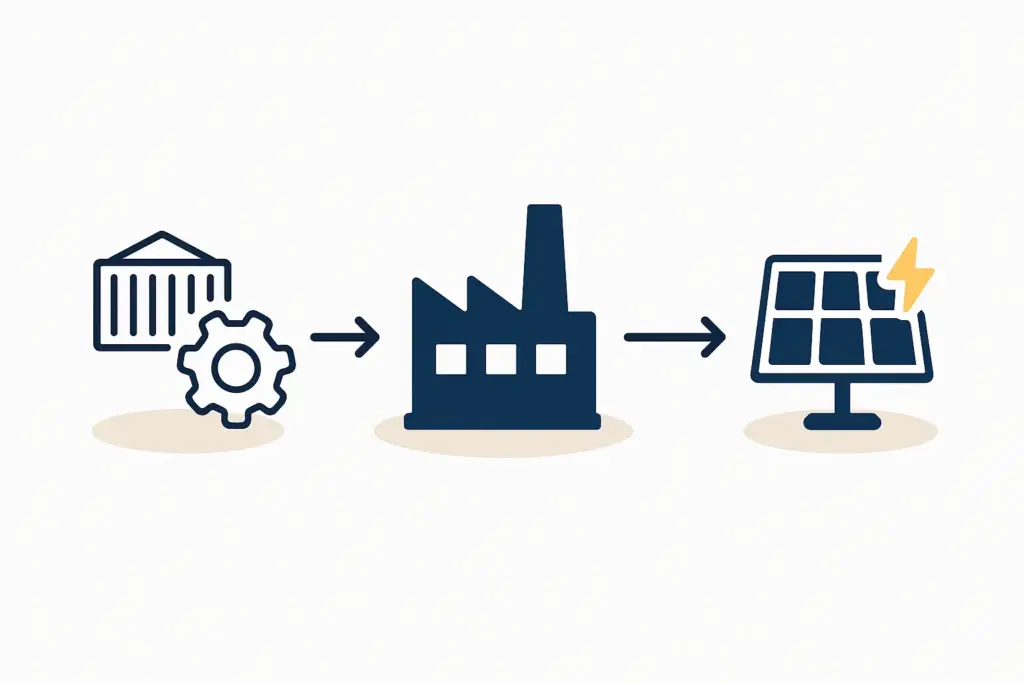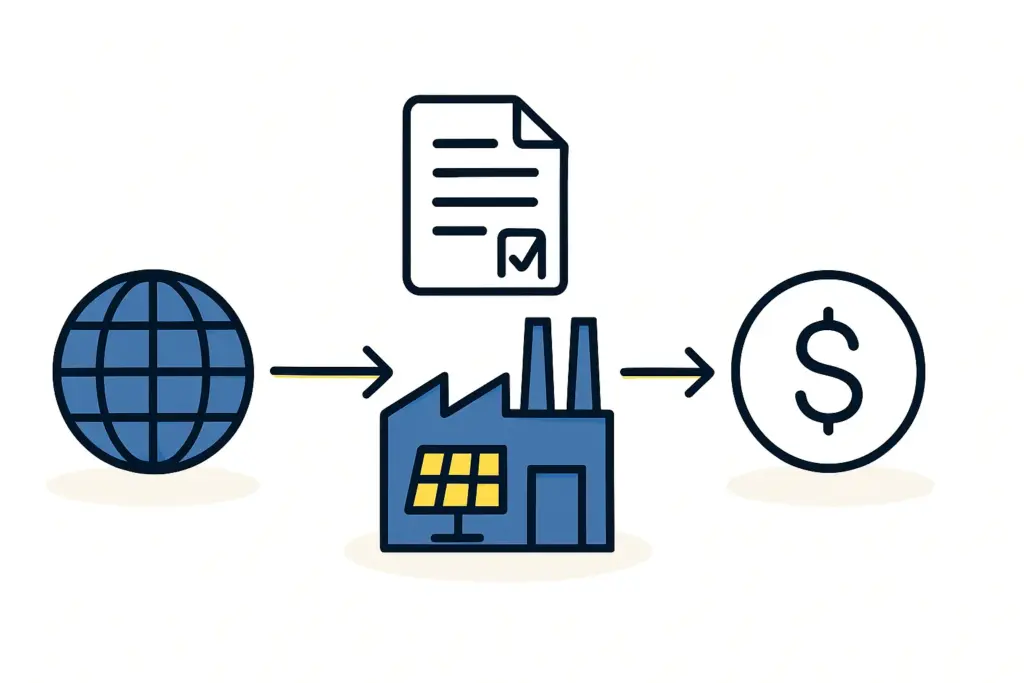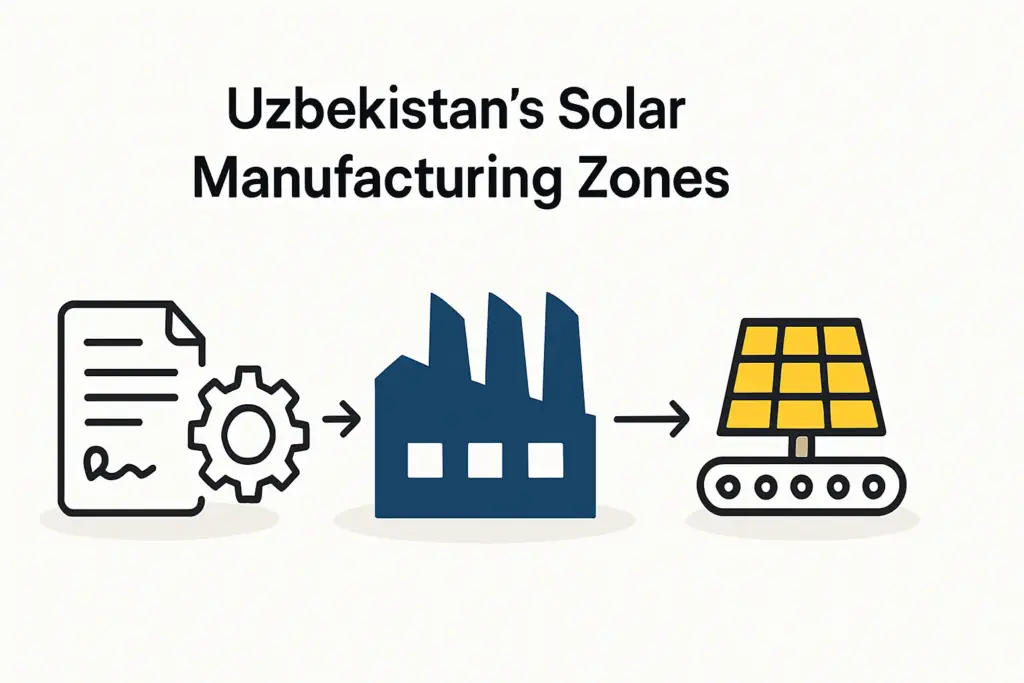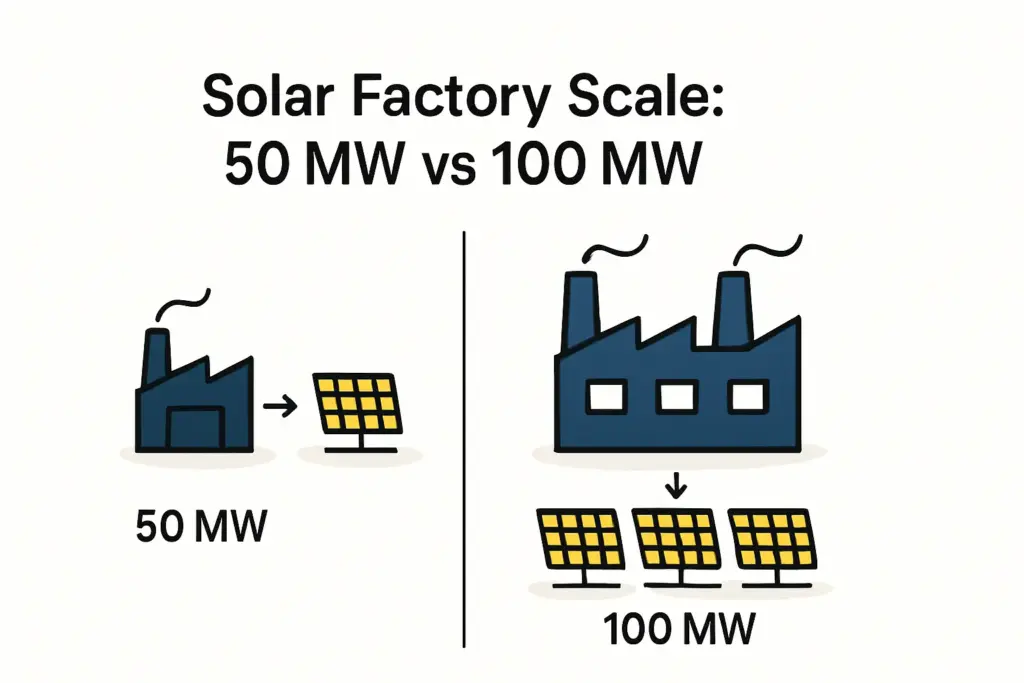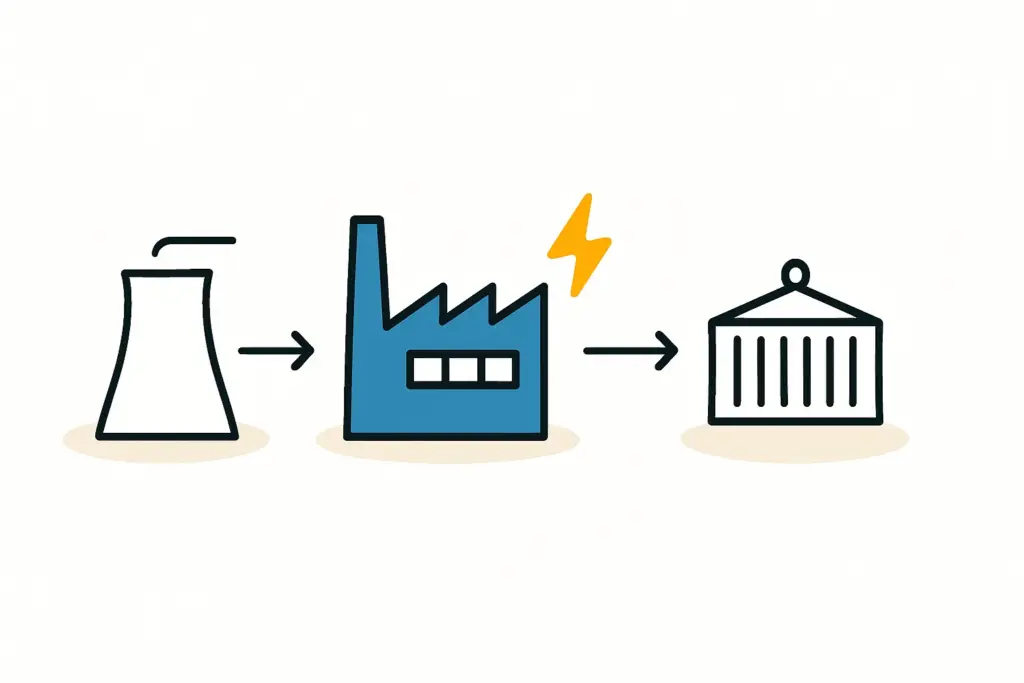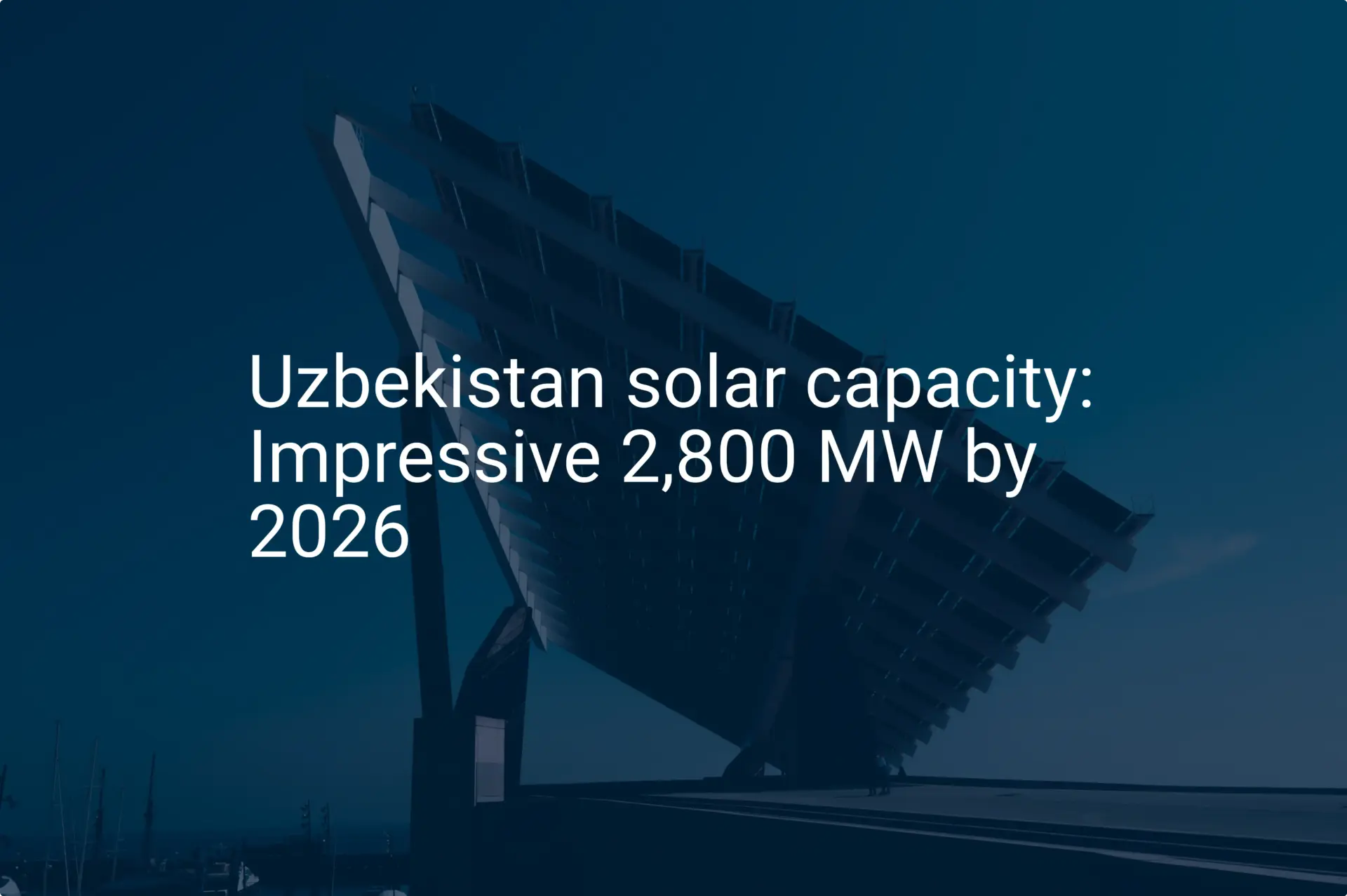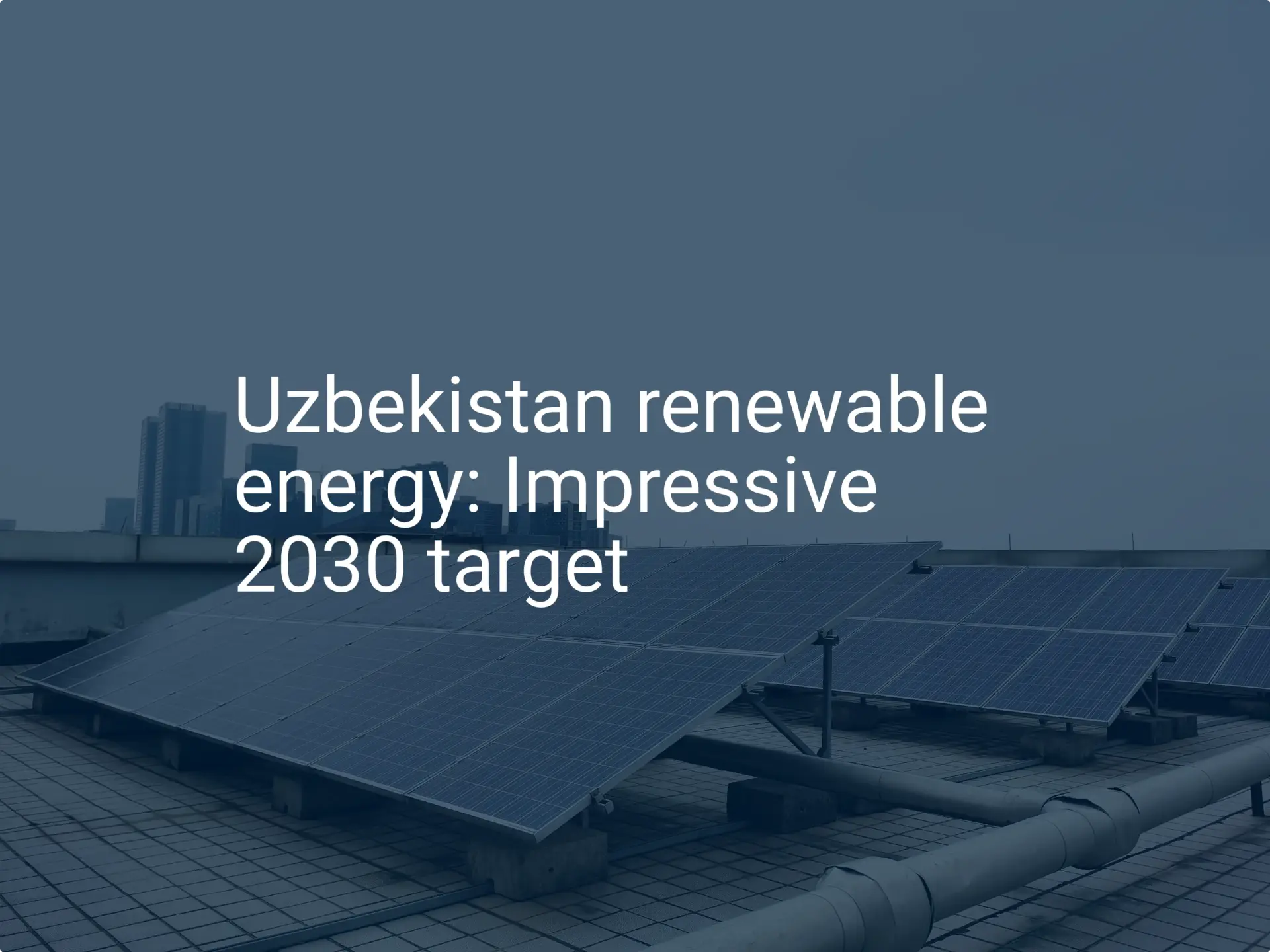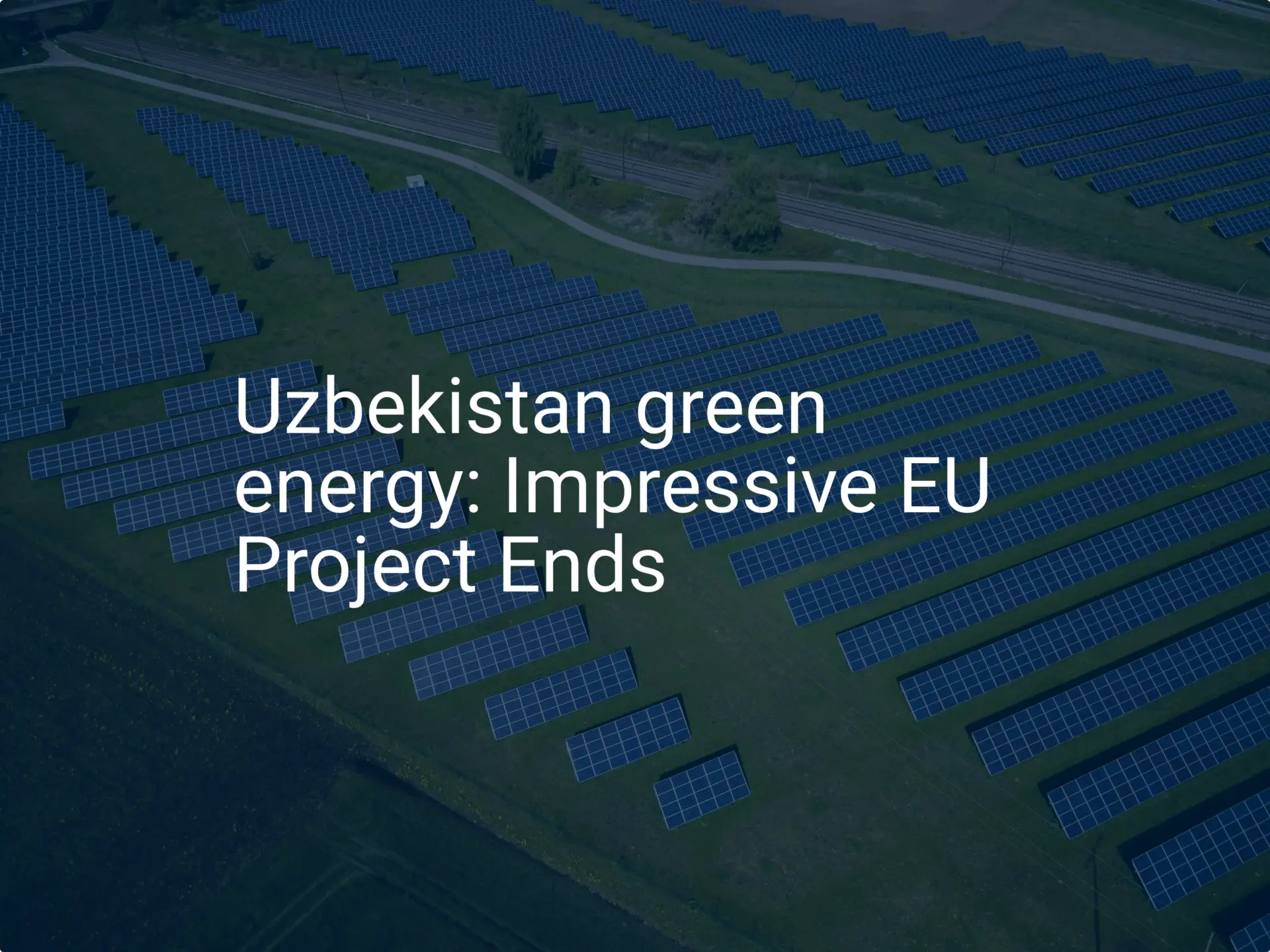Gain comprehensive insights into the statistics and metrics surrounding the solar production industry in Uzbekistan
- Weather and Climate (n.d). Weather in Annual in Uzbekistan. Retrieved 27th February, 2025 from https://weather-and-climate.com/averages-Uzbekistan-Annual#google_vignette
- Profile Solar (2024, June). Solar PV Analysis of Tashkent, Uzbekistan. Retrieved 27th February, 2025 from https://profilesolar.com/locations/Uzbekistan/Tashkent/
- Global Petrol Prices (2024, June). Uzbekistan electricity prices. Retrieved 27th February, 2025 from https://www.globalpetrolprices.com/Uzbekistan/electricity_prices/
- World Bank Document (2021, April). Uzbekistan: Electricity Sector Transformation and Resilient Transmission Project (P171683), Retrieved 27th February, 2025 from https://documents1.worldbank.org/curated/en/511611619774136793/pdf/Labor-Management-Procedures-Electricity-Sector-Transformation-and-Resilient-Transmission-P171683.pdf
- Asian Development Bank (2021, October). Uzbekistan: Uzbekistan Power Transmission Improvement Project. Retrieved 27th February, 2025 from https://www.adb.org/sites/default/files/project-documents/47296/47296-001-emr-en_5.pdf
- IRENA (2024). Renewable Energy Statistics 2024. Retrieved 27th February, 2025 from https://www.irena.org/-/media/Files/IRENA/Agency/Publication/2024/Jul/IRENA_Renewable_Energy_Statistics_2024.pdf
- DARYO (2024, November). Uzbekistan targets over 18,000 MW of solar and wind energy by 2030. Retrieved 27th February, 2025 from https://daryo.uz/en/2024/11/10/uzbekistan-targets-over-18000-mw-of-solar-and-wind-energy-by-2030
- Our World in Data (2022). Uzbekistan: Energy Country Profile. Retrieved 1st March, 2025 from https://ourworldindata.org/energy/country/uzbekistan
- UZ Daily (2025, January). Uzbekistan to install solar panels on 100,000 facilities and 150,000 homes. Retrieved 1st March, 2025 from https://www.uzdaily.uz/en/uzbekistan-to-install-solar-panels-on-100000-facilities-and-150000-homes/
- GEM WIki (n.d). Solar farms in Uzbekistan. Retrieved 1st March, 2025 from https://www.gem.wiki/Category:Solar_farms_in_Uzbekistan
- IEA (2022). Solar Energy Policy in Uzbekistan: A Roadmap. Retrieved 1st March, 2025 from https://www.iea.org/reports/solar-energy-policy-in-uzbekistan-a-roadmap/a-solar-energy-roadmap-for-uzbekistan-by-2030
- Salary Explorer (n.d). Engineering Average Salaries in Uzbekistan 2024. Retrieved 2nd March, 2025 from https://www.salaryexplorer.com/average-salary-wage-comparison-uzbekistan-engineering-c232f22
- PayLab (n.d). Project Manager Management. Retrieved 2nd March, 2025 from https://uzbekistan.paylab.com/en/salaryinfo/management/project-manager
- TimeCamp (n.d). Average Salary in Uzbekistan. Retrieved 2nd March, 2025 from https://statistics.timecamp.com/average-salary/uzbekistan/
- Worldometer. Uzbekistan Population (LIVE). Retrieved 1st March, 2025 from https://www.worldometers.info/world-population/uzbekistan-population/#google_vignette
- DARYO (2023, July). Prices of water increase to manage water scarcity in Uzbekistan. Retrieved 2nd March, 2025 from https://daryo.uz/en/2023/07/28/prices-of-water-increase-to-pervent-water-scrancity-in-uzbekistan
- Statista Research Department (2024, Oct). Total installed capacity of power stations in Uzbekistan from 2013 to 2023. Retrieved 2nd March, 2025 from https://www.statista.com/statistics/1220069/uzbekistan-installed-power-generation-capacity/
- Trend News Agency (2025, February). Uzbekistan, Turkmenistan lead in Eurasian electricity growth, IEA reports. Retrieved 2nd March, 2025 from https://en.trend.az/business/4009327.html
- Enerdata (2023). Uzbekistan Energy Information. Retrieved 2nd March, 2025 from https://www.enerdata.net/estore/energy-market/uzbekistan/#:~:text=Total%20energy%20consumption%20per%20capita%20is%20about,(about%2065%%20below%20the%20CIS%20average)%20(2023).&text=In%202024%2C%20Uzbekistan%20approved%20new%20targets%20to,enable%20a%2034%20MtCO2%20cut%20in%20emissions.
- ESCC (2018, March). Current state of the power grid of the Republic of Uzbekistan and electricity trade with other power grids. Retrieved 2nd March, 2025 from https://www.carecprogram.org/uploads/04-Current-State-of-the-Power-Grid-of-the-Republic-of-Uzbekistan-and-Electricity-Trade-with-Other-Power-Grids.pdf
- World Bank Group (2023). Access to electricity (% of population). Retrieved 2nd March, 2025 from https://data.worldbank.org/indicator/EG.ELC.ACCS.ZS?locations=UZ
- UNEP-LEAP (2023, February). Presidential Decree No. PP-57 On measures to accelerate the introduction of renewable energy sources and energy-saving technologies in 2023. Retrieved 2nd March, 2025 from https://leap.unep.org/en/countries/uz/national-legislation/presidential-decree-no-pp-57-measures-accelerate-introduction
- World Bank Document (2023, November). Uzbekistan Solar and Renewable Energy Storage (USRES) Project. Retrieved 2nd March, 2025 from https://documents1.worldbank.org/curated/en/099548512042311020/pdf/IDU013e59f15040c0b15102f7dda44523b.pdf
- MASDAR (n.d). Jizzakh Solar Project. Retrieved 2nd March, 2025 from https://masdar.ae/en/renewables/our-projects/jizzakh-solar-project
- Power Technology (2024, October). Power plant profile: Karaulbazar Bukhara Solar PV Park, Uzbekistan. Retrieved 2nd March, 2025 from https://www.power-technology.com/data-insights/power-plant-profile-karaulbazar-bukhara-solar-pv-park-uzbekistan/?cf-view
- MASDAR (n.d). 100MW Nur Navoi Solar Project. Retrieved 2nd March, 2025 from https://masdar.ae/en/renewables/our-projects/100-mw-nur-navoi-solar-project
- MASDAR (n.d). Nur-Bukhara PV. Retrieved 2nd March, 2025 from https://masdar.ae/en/renewables/our-projects/nur-bukhara-pv
- Power Technology (2024, October). Power plant profile: Tutly Solar PV Park, Uzbekistan. Retrieved 2nd March, 2025 from https://www.power-technology.com/marketdata/power-plant-profile-tutly-solar-pv-park-uzbekistan/
- MASDAR (n.d). Uzbekistan. Retrieved 2nd March, 2025 from https://masdar.ae/en/global-office-locations/uzbekistan
- Solara (n.d). Homepage. Retrieved 2nd March, 2025 from https://solara.uz/en
- Sarimay Solar (n.d). Voltalia. Retrieved 2nd March, 2025 from https://sarimaysolar.com/voltalia/





